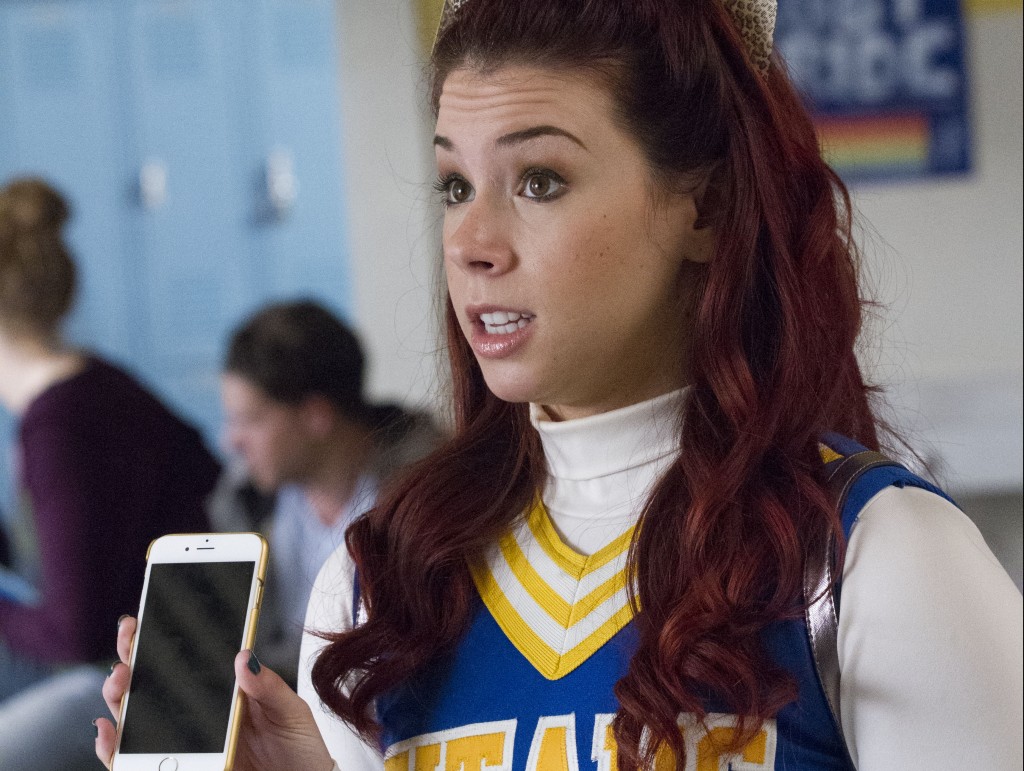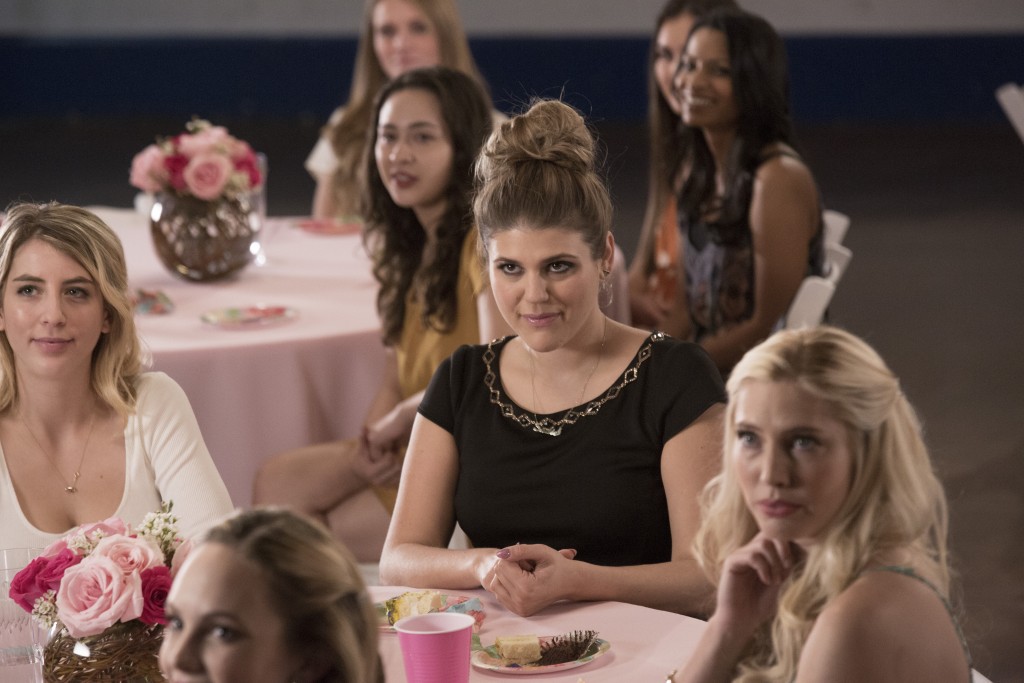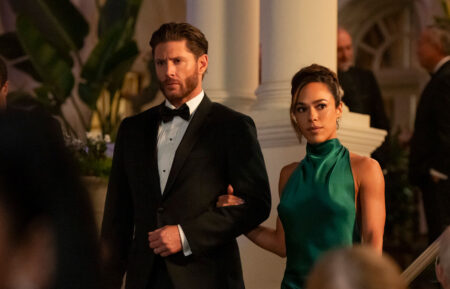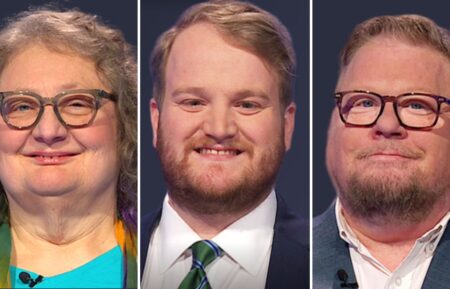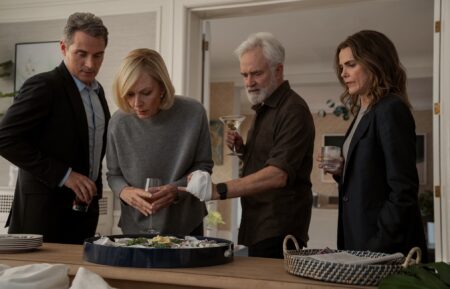‘Awkward’ Feminism: How the Show’s Leads Became a Lesson in Girl Power
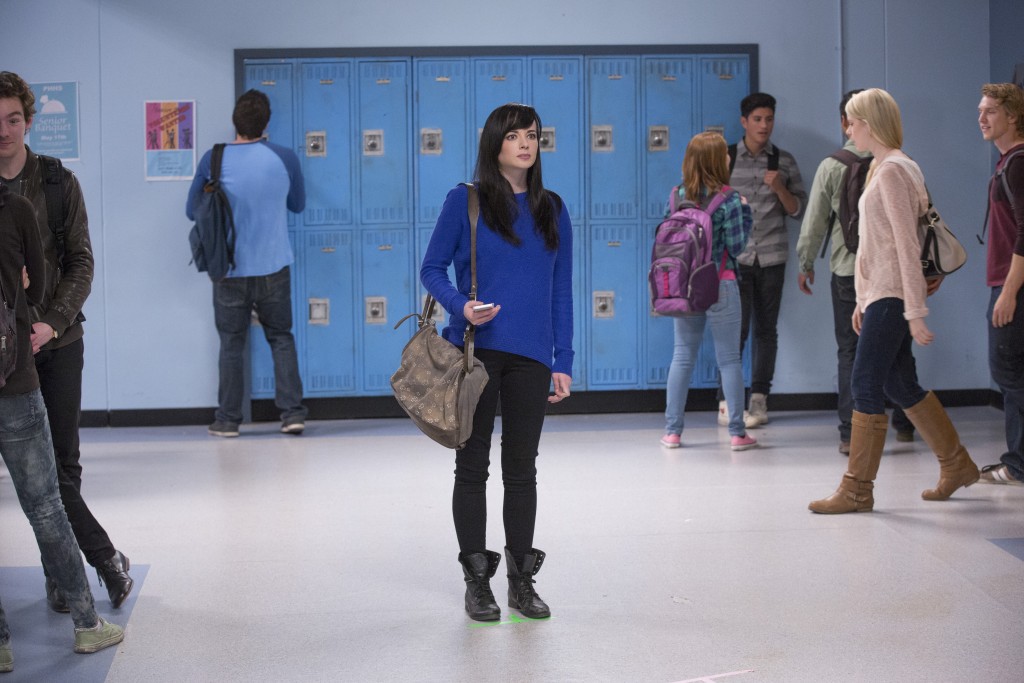
For five seasons, Awkward’s girl power has always risen above the mean-girl halls of high school. As the MTV comedy’s series finale nears (Monday, Nov. 9, 9/8c), it’s time to appreciate how each of the show’s female leads has, in her own way, represented a different facet of feminism—and become a she-ro our hearts.
Jenna
Our fearless leader (played by Ashley Rickards, above). She begins and ends as a blogger, voicing her every insecurity for us to hear and her unfiltered stream of thoughts about daily lady-minefields is powerful. Her seemingly petty worries are spot-on aspirational: everything she wants is unattainable, including the right boys, friends, social experiences and even colleges. The lesson she learns at the end of it all, after countless rejections and even a few achievements, is the metaphor at hand here for women: we are good enough. And that’s the rock that Jenna returns to now at the end of the series, as her emotional vacillations reach a fever pace: boys come and go, awkward is forever.
Tamara
Our cheerleader, figuratively and, later, literally. Whenever Jenna trots out an excuse to explain why she can’t tell a boy something, Tamara pushes her to assert herself. Every time Jenna tells her best friend that a boy has screwed up, Tamara keeps him on the hook until Jenna skewers him—or simply does it herself. Tamara is relentless, with her energy, positivity and, of course, her signature wordplay that whittles every conundrum down to its essence: putting yourself first. She is the consummate fighter, a girl after a suffragette’s heart who demands the best for herself and every girl around her. And it pays off: Tamara knows that no one can make her happy except herself.
Sadie
Our realist. No, not all women can be friends. No, not every woman supports her peers. But even though Sadie’s jabs didn’t get any less sharp as seasons went on, we saw behind the curtain to understand why. Hurt women hurt women. Sadie was worried about her body image, and so she lashed out; she was abandoned by her family, and so she burned everyone around her. This is a critical lesson to learn: we all suffer in our own way. Mean girls like Sadie are the result of a social system that pits women against each other. Sadie showed us that origin story, and convinced us that her nemesis plight is as worthy an arc as any.
Even Awkward‘s minor characters champion strong female values. Jenna’s mom, Lacey, goes back to school after having Jenna at a young age. School counselor Val is a completely self-possessed oddball, flying in the face of every norm. Together with best friend Ally, they form a trio of women doling out life lessons to Jenna and her friends. Jenna is pinballed between all of them, making her journey to self-discovery all the more confusing—and rich. Which proves the influence of other strong, interesting, dynamic women is the greatest teacher of all.
RELATED: Rita Volk on Amy and Karma Being Lesbians…Again
Awkward, Mondays, 9/8c, MTV
From TV Guide Magazine
Behind the Scenes With Gordon Ramsay: 20 Years of Cooking Up TV Hits
The celebrity chef reflects on redefining culinary television and his fiery journey Hell’s Kitchen to Secret Service. Read the story now on TV Insider.

